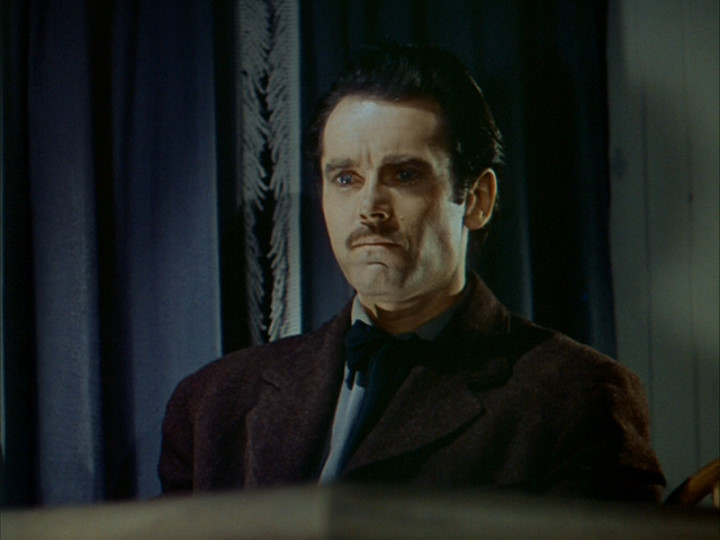Who was Jesse James?
Has killed many a man
He robbed the union trains
He stole from the rich
And gave to the poor
He had a hand and a heart
And a brain
Now Jesse had a wife
Lived a lady all her life
And children they were brave
But history does record
That Bob and Charlie Ford
Have laid poor Jesse in his grave
Well it was on Saturday night
The stars were shining bright
They robbed the Glendale train
And the people they did say
For many miles away
It was those outlays
Frank and Jesse James
Now Jesse had a wife
Lived a lady all her life
And children they were brave
But history does record
That bob and Charlie Ford
Have laid poor Jesse in his grave
Well it was Bob and Charlie Ford
Those dirty little cowards
I wonder how they feel
For they ate of Jesse's bread
And they slept in Jesse's bed
And they laid poor Jesse in his grave
Now Jesse had a wife
Lived a lady all her life
And children they were brave
But history does record
That Bob and Charlie Ford
Have laid poor Jesse in his grave
Well the people held their breath
When they heard of Jesse's death
They wondered how he came to fall
Well it was Robert Ford in fact
Who shot him in the back
While he hung a picture on the wall
Trad.
A song that I've known for over 20 years (since it appeared on Rum, Sodomy & The Lash) and the one sung by Nick Cave in the bar near the end of the film.
As mythical as the Dime Store novels, no doubt...

I think that the movie has a similar elegiac tone to Unforgiven but that's, for me, where things stop in their tracks. ...Jesse James... just can't hope to compare with one of the best Westerns of any era. Not to say that it's a bad film, I liked it well enough after all.
The telling thing might be this - The DVD has been sitting on my shelf for a week now (I bought it) and I've not come close to watching it again...
__________________
"Critics are like eunuchs in a harem; they know how the Tatty 100 is done, they've seen it done every day, but they're unable to do it themselves." - Brendan Behan
"Critics are like eunuchs in a harem; they know how the Tatty 100 is done, they've seen it done every day, but they're unable to do it themselves." - Brendan Behan
 I appreciate your 'splaining; that makes a lot of sense, now.
I appreciate your 'splaining; that makes a lot of sense, now. 







